I have been thinking a lot lately about time. This is partly because over the past fifteen months I have seen three lives cut short–two by alcohol, one by cancer. It is partly because I am in my forties and I’m due for some mid-life melancholy and reflection on what I’ve done with my life so far and what I might still accomplish. And it is partly because I am purposefully slowing my publishing pace after turning in my sixth novel manuscript to my editor last month.
As I transition from a rather lengthy season of frantic activity, interrupted only briefly and incompletely by a global pandemic (I say incompletely because I never stopped working, I probably increased the number of events I was involved in through the expanded use of Zoom, and I was also under deadline the entire time), I have been trying to stop the spinning wheels of my brain and imagine a different pace of life and a different set of priorities.
I’ve been asking myself questions. What is the best use of my time? What time of day is best for what activity? How hard should I push to get through the (rather lengthy) household to-do lists I’ve written? How can I retrieve the person I once was–the person to whom it would never occur to question whether a few hours spent ambling around a forest was “wasted” time? Is that unhurried, in-tune-with-herself person still in there somewhere? That girl who never felt guilty about leaving her chores undone?
Because I miss her.

Some months ago I was reading How to Inhabit Time: Understanding the Past, Facing the Future, Living Faithfully Now by James K. A. Smith. I underlined a lot of lines in that book. Lines like:
“Our past is not what we’ve left behind; it’s what we carry….We are called to live forward, given our history, bearing both its possibilities and its entanglements.”
“The horizons that circumscribe you are not fencing you out of something but entrusting you to this field of possibility. What’s thrown your way is what you can do.”
“Some years are longer than others.”
“Seasons can be expected and are something that befall us rather than something we bring on. It is important to recognize this so we don’t confuse a season with our identity, nor imagine that a season is either a reward or a punishment…. We can’t hasten either their arrival or their end.”
During Lent I have spent some time reading another book, In Good Time: 8 Habits for Reimagining Productivity, Resisting Hurry, and Practicing Peace by Jen Pollock Michel. Again, I underlined a lot (this is why I can’t get books from the library). From Michel, I took things like:
“Here’s what productivity and efficiency and time management fail to get right. The hours, like our bodies, like the world, aren’t under our control.”
“I come to learn what it means to receive the offering of another’s unhurried presence.”
“People forget love is a project of forbearance, a waiting with and waiting out. If transformation is slow in us, why can’t it also be slow in others?”
“Self-help is an industry that enthrones the self, and though this can at times feel empowering, it’s ultimately defeating. Your problems are always yours to solve through your efforts and cunning and self-discipline. Self-improvement is an exhausting, thriving business.”
“Living the Lord’s time is always a resistance movement. We will not find joy…in the three sirens of consumerism: comfort, control, and convenience….We don’t lack joy simply because we’re running too fast. It’s that we are hurrying past life and the ‘resonant’ encounters we might have with it.”
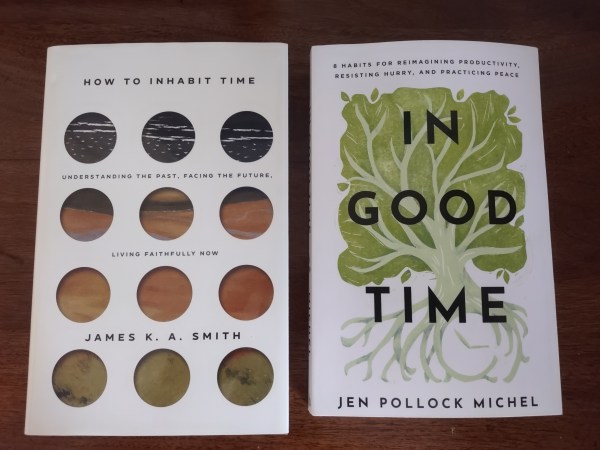
Though Smith is denser and more philosophical and Michel is grounded more in the day-to-day experience of life, I recommend both to those who are seeking to find some healthy third way, beyond the cult of productivity and hustle and that of endless slack-jawed social media scrolling. Both recognize that the way many of us have been thinking about our time is deeply self-focused and at the same time (ironically) self-destructive.
Both of these books continually come around to the admonition to number our days, to remember that we will die, that our time here is finite. But neither author then comes to the conclusion you might think obvious–namely, if time is finite I better pack as much as possible into the time I have, whether in amusements and experiences or in productive labor that will make a positive change in the world.
Yes, each admits, we are bound in some ways by linear time. We are born, we live, and we die, never knowing which will be our last day. But instead of rushing us along to the next thing on our to-do list or bucket list, Smith and Michel instead speak of attitudes of anticipation, participation, reflection, and, incredibly, contentment. These feel like things I want to have in my life. These feel like rhythms I could maintain.
Maybe like me you have a long list of projects around the house that should get done. Or maybe you have a five-year plan you’re trying put into action (or resuscitate after it was stymied by COVID). Or maybe you’re sitting there twiddling your thumbs with absolutely no idea what to do with your time. In any case, it’s worth taking the time to really think about how we want to spend our limited time here.
Time is so often seen as our enemy as we are continually looking for more of it, running out of it, keeping an eye on it. But our time, however long it is, is a gift to us. How much better to make peace with it and learn how to live within its bounds, hold our plans lightly, and continually look to our Creator for the wisdom and grace to use it well. Not to use it up, to squeeze every last drop of productivity out of it. But to enjoy it.
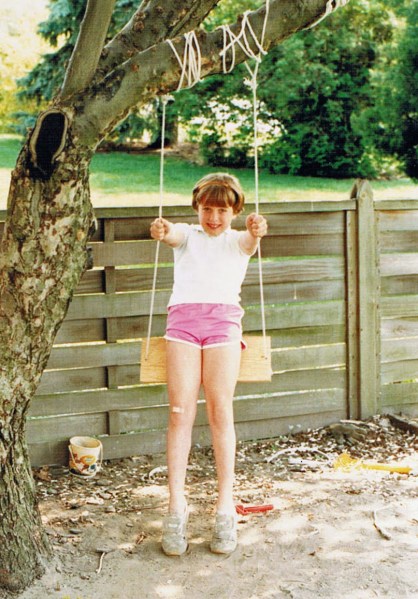
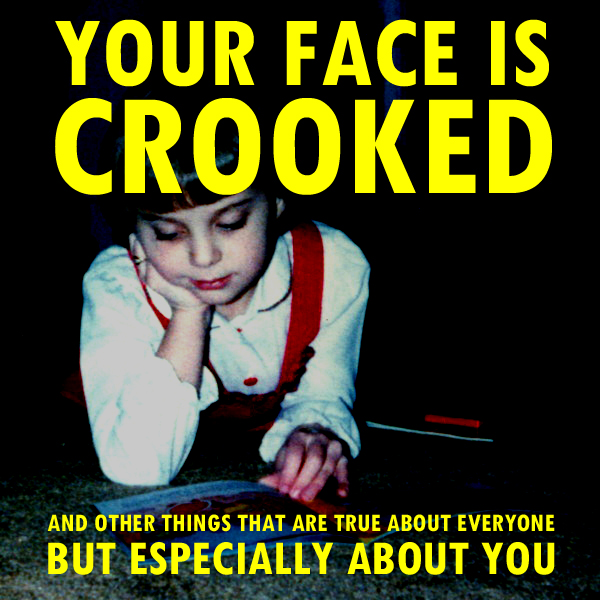





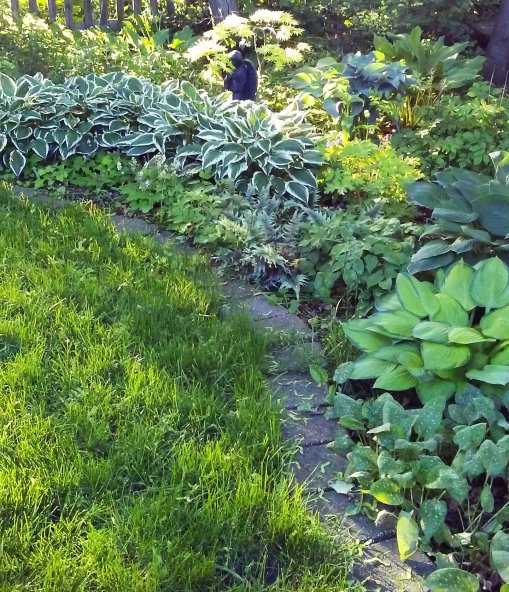

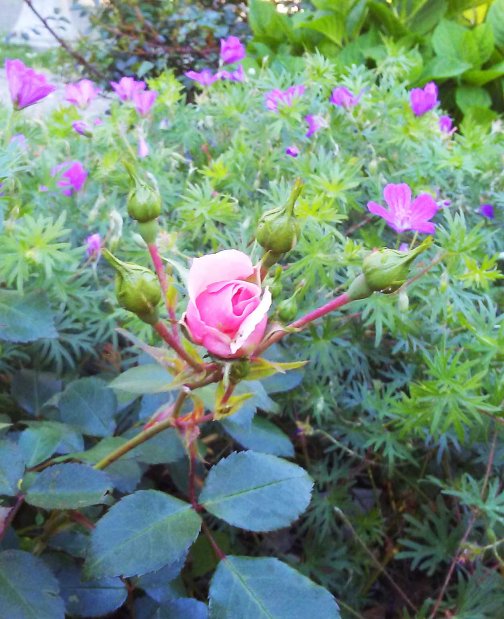
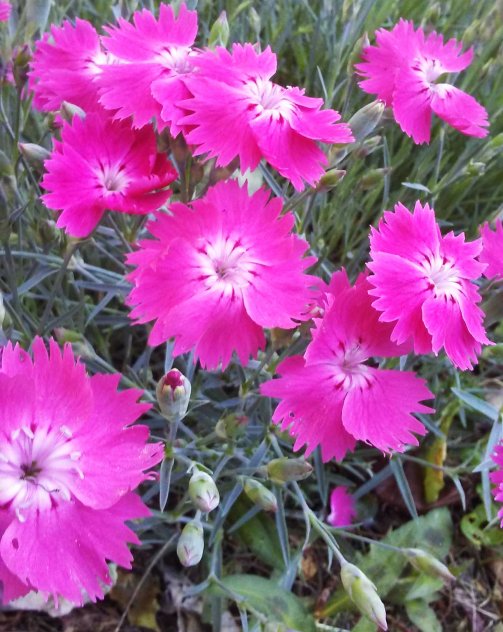

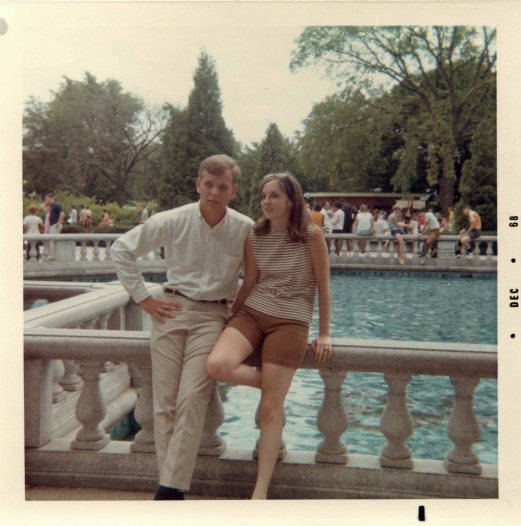



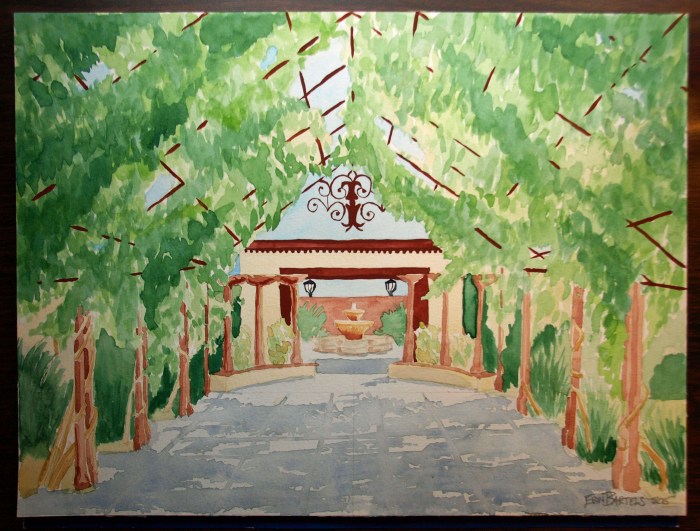
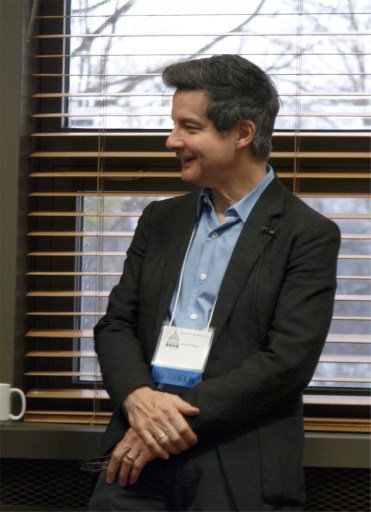

You must be logged in to post a comment.